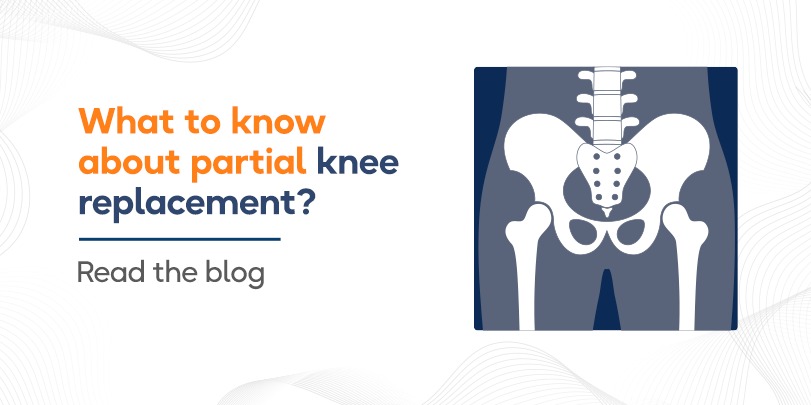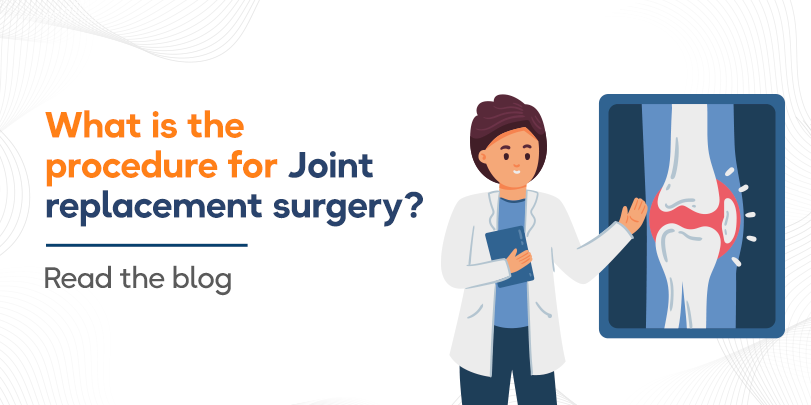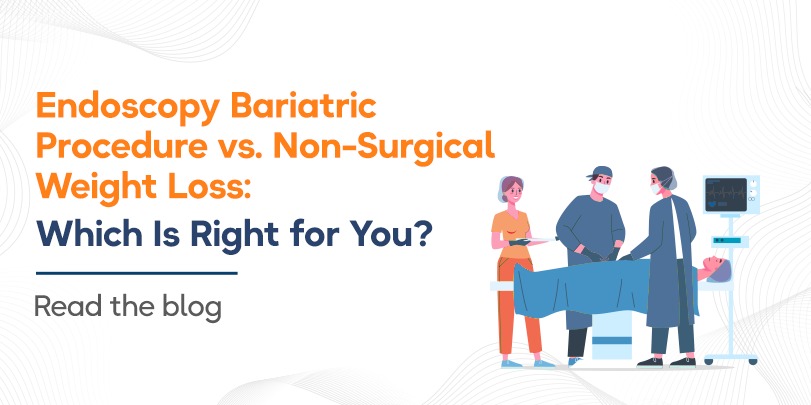Weight Loss for Men: Understanding The Science Behind Belly Fat?
How to lose belly fat for men becomes a question in everyone’s mind because, with age, there is a high chance of acquiring belly fat in men. Chances are, people with an otherwise average physique end up with a pot belly. This is called ‘skinny-fat’ and Indian and South-Asian men, in particular, have a higher tendency than those in other countries to gather this fat. To understand how to get rid of belly fat for men, we first need to understand how it is caused.
The Science Behind Belly Fat
While there are multiple reasons that belly fat in men gathers, some of the major causes that lead to obesity includes:
- Drinking carbonated beverages
Drinks high in sugar and carbonation contain no calories on the surface, but the energy they give is often turned into fat by the body and stored. To burn belly fat for men, this is the first thing to cut off or minimise as much as possible.
- Overeating
Overeating, while bad even if done just once, is a poison that keeps on giving as it turns into a habit and then, an addiction. It can lead to various serious eating disorders, mess with your mental health and lead to worse physical health as well as increase belly fat in men. One of the first answers to how to lose belly fat for men dictates that overeating must be stopped.
- Binge drinking
Alcohol is 100% carbohydrates. When we say ‘beer-belly’ we sometimes mean it. While at a younger age and with high metabolic rates this can be burned off, after the 30s, ideally, cutting off all alcoholic intake will work wonders in cutting down the belly fat in men as well.
- Inflammation from an imbalanced gut microbiome
Not all of the belly fat in men is, well, fat. If you have become subject to a bacteria or virus due to bad food, this protrusion may be just an immune response. In case you feel this is what has happened, we recommend you talk to one of our experts as soon as possible. Your life could hang in the balance.
- A lack of exercise
Exercise is essential to keeping the body in a fit condition. Getting rid of belly fat for men will include some light yoga, a jog around the neighbourhood or playing a sport for 30 minutes.
- Stress
Stress and other mental health issues are a big reason for this. The higher the stress, the higher the amount of it and the harder it is to burn belly fat for men.
- Ageing
Ageing and belly fat in men are directly correlated. As a man ages, he loses a lot of strength and stamina. The body does not perform as well as it did before. The metabolic rates go down and a host of other problems crop up. Ageing is something that can cause a hindrance in the process of getting rid of belly fat for men.
- Smoking
Smoking is one of the biggest culprits when it comes to belly fat. Rather than burning away their lungs, they must put the butt out to burn belly fat for men.
Moreover, specifically for Indian men, there are various other reasons for belly fat including a carbohydrate-heavy diet paired with a more recent change from an agricultural, labour-intensive, high-heat lifestyle to a sedentary one. Low water consumption which leads to the minimization of the sensation of hunger. A deficiency of protein in the diet, an element required for muscular growth. This results in a lower metabolism- the rate at which the body burns calories at rest. Additionally, protein consumption causes you to feel fuller faster and a lack of it results in a higher caloric intake making it difficult to burn belly fat for men. Genetics also contribute to the buildup of fat around the waistline in comparison to other ethnicities. Moreover, on a daily basis, there is a lack of physical exercise. It is advised that people exercise for 30 minutes per day to burn belly fat for men. This is far from the norm in most Indian households.
The trouble with visceral fat – hidden fat
The layer of fat cells or adipose tissue that envelops your abdominal organs deep inside your belly is called visceral fat. Now, almost all fat, when accumulated too much, is bad for you in terms of health. However, visceral fat is far more harmful than the fat that sits under your skin. This is why it is essential to get rid of belly fat for men.
Why is belly fat dangerous?
Because visceral or belly fat wraps around internal organs, it increases the risk of many major illnesses including Heart disease, Alzheimer’s, type 2 diabetes, stroke, and high cholesterol. Many studies also indicate that belly fat produces enzymes and proteins that inflame a person’s tissues and narrows their blood vessels which leads to high blood pressure over time. You must know how to lose belly fat for men. Let’s start with genetics, specifically-
How does genetics play a role in belly fat?
Whether or not genetics lend a hand in increasing belly fat is still debated in the medical field. While most studies show that people who have more belly fat tend to share this similarity with their parents and relatives, whether this is an effect of genes or lifestyle is not fully accepted. A study conducted on twins raised together and apart, from different childhood environments concluded that “genetic influences on the body-mass index are substantial, whereas the childhood environment has little or no influence”.
However, another study by the CDC found that while “the obesity epidemic can be considered a collective response to an obesogenic environment”, obesogenic means a situation where food that is high in calories is cheap and easy to find while the chances of physical activity are limited which perpetuates obesity, people even within the same family- cousins, siblings, parents and so on- respond differently to it and not everyone collects fat the same way.
On the whole, women tend to have more fat around the hips because it is safer to conceive a baby when it is protected by fat, and men tend to have more fat in the lower back region. However, some research indicates, that is where the similarities end.
That said most studies agree that whatever be a person’s genetic make-up, losing belly fat is not impossible, nor does it become an indicator that once lost the fat would return. So, knowing how to lose belly fat for men becomes important.
Solutions
So you may wonder how to reduce belly fat for men or at least how to lose lower belly fat for males. The answers may not be as simple as you would like. You have to work on developing some healthy habits to work on stomach fat to reduce.
- Keep Moving
Like we said before, some light yoga, a dance or two, and a little jog would not be amiss. The more the body moves, the better.
- Eat Smart
You do need to cut down on the amount of food, but more importantly, you need to change it. Fewer carbs, less fat, more fibre and protein is the way to go. Next time you fill a plate, make sure you have more protein and greens than you have carbs and fat.
- Drink Water
Hydration leads to a lower diet and a higher metabolic rate, so if you want to know how to reduce belly fat for men, this should be at the forefront.
- Socialise
Those who have a larger circle of friends, so party hard but don’t have the junk food or alcohol and watch themselves transform into a better shape.
- Consult a Diet Professional
Consulting a diet professional to fix your diet is a brilliant idea. They will help you tailor your diet in a way that best suits your particular body type. At Radiance hospitals we have many great nutritional experts that can help you transform your lifestyle.
- Appointment with Bariatric Surgeon
If all else fails, there’s always bariatric surgery. We recommend that you talk to one of our esteemed Bariatric surgeons at the earliest of you face issues reducing visceral fat.
At Radiance hospitals, your priorities are our priorities. If you want to reduce your belly fat and keep it off, we have all the services available for you to do that. We can gently guide you through your journey and ensure you are never confused about the next step and know your progress.
Come and get rid of belly fat with us, because you are not alone and there is always a way out.
References:
Visceral Fat: https://www.webmd.com/diet/what-is-visceral-fat
https://www.healthcanal.com/life-style-fitness/how-to-lose-belly-fat-men
Genes and obesity:
https://www.cdc.gov/genomics/resources/diseases/obesity/obesedit.htm
Twins and belly fat:
https://www.nejm.org/doi/full/10.1056/NEJM199005243222102













